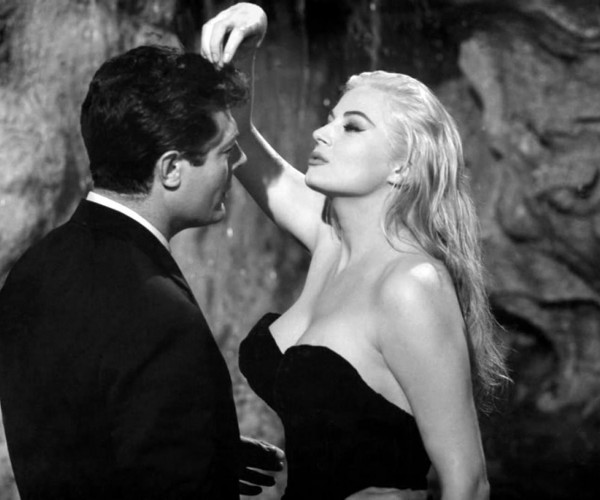The Auteurs
Often maligned, sometimes misunderstood, ubiquitously irrelevant to the majority of young film students and filmmakers, there’s something both overwhelming and at the same time beguiling about the work of the great auteurs. The auteur theory itself, a bore to many, a slice or cinematic history and artistic aspiration to others, like the work of any of art history’s great masters, is occasionally banded about but seldom adhered to and even less understood. The definition of an auteur has been debated since the 1940s. André Bazin and Roger Leenhardt presented the theory that it is the director who brings the film to life and uses the film to express their thoughts and feelings about the subject matter as well as a worldview as an auteur. An auteur can use lighting, camerawork, staging and editing to add to their vision. For an easier interpretation think of the director as the ‘author’ of his or her film(s), the person who stamps artistic ownership on the work and their own mien throughout every aspect of the films expression, meaning and style. In theory, if you switched on part way through any great auteur’s work they would be easily and immediately identifiable as the director ‘author’ behind them. While there is less and less a place in the ever more commercially driven business of film in modern times, we’re often privy to the work of auteurs without even realising we’re watching them, think Tim Burton, Woody Allne, Wes Anderson, Paul Thomas Anderson. For me, there was nothing more exciting than the moment in time where, as a young student, I realised there was a whole world of film beyond the conventions of the mainstream and I for one would champion the auteur theory as an essential part of film which should be celebrated and understood by young filmmakers just as any artist can only grasp and nurture their own talents by studying the work of the renaissance masters.


